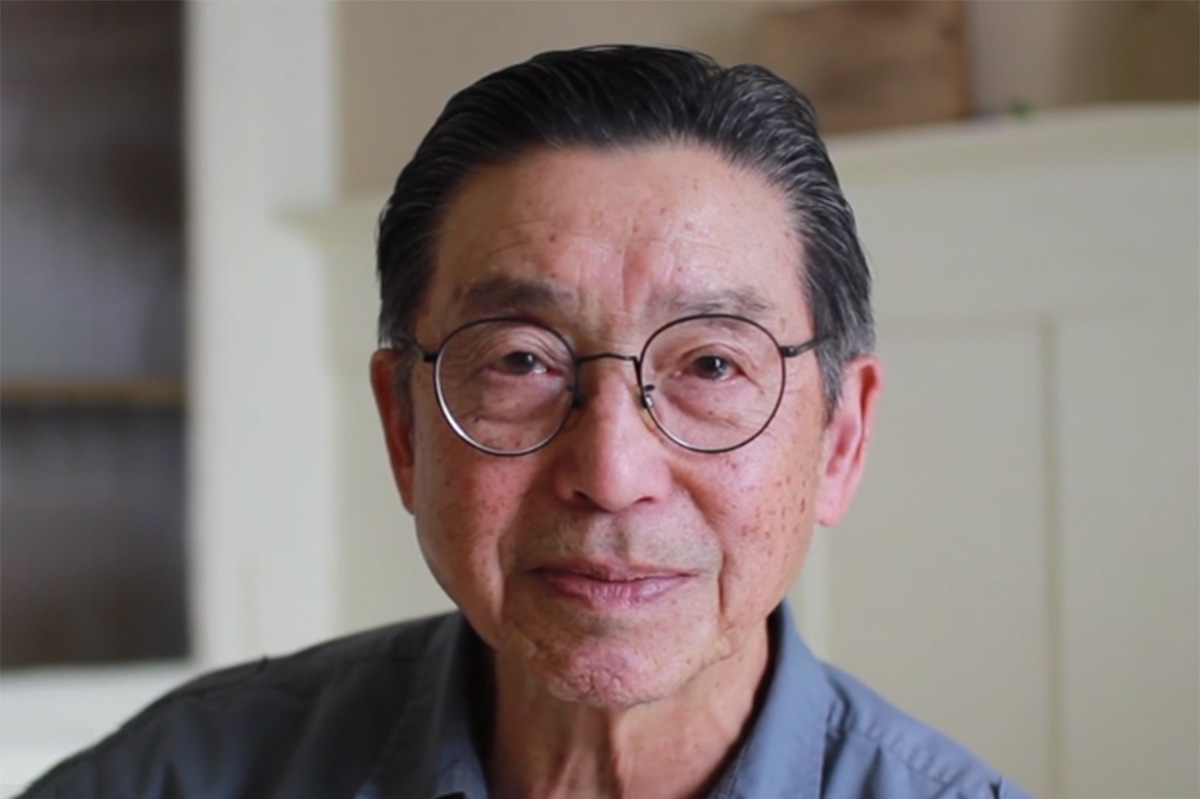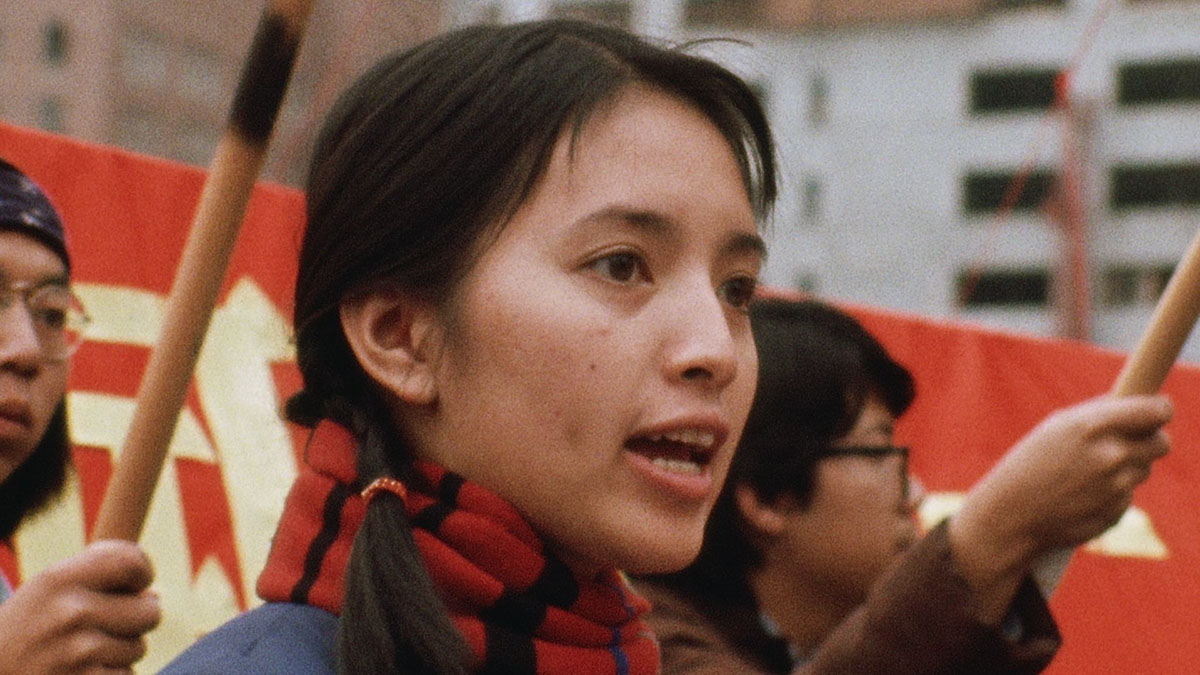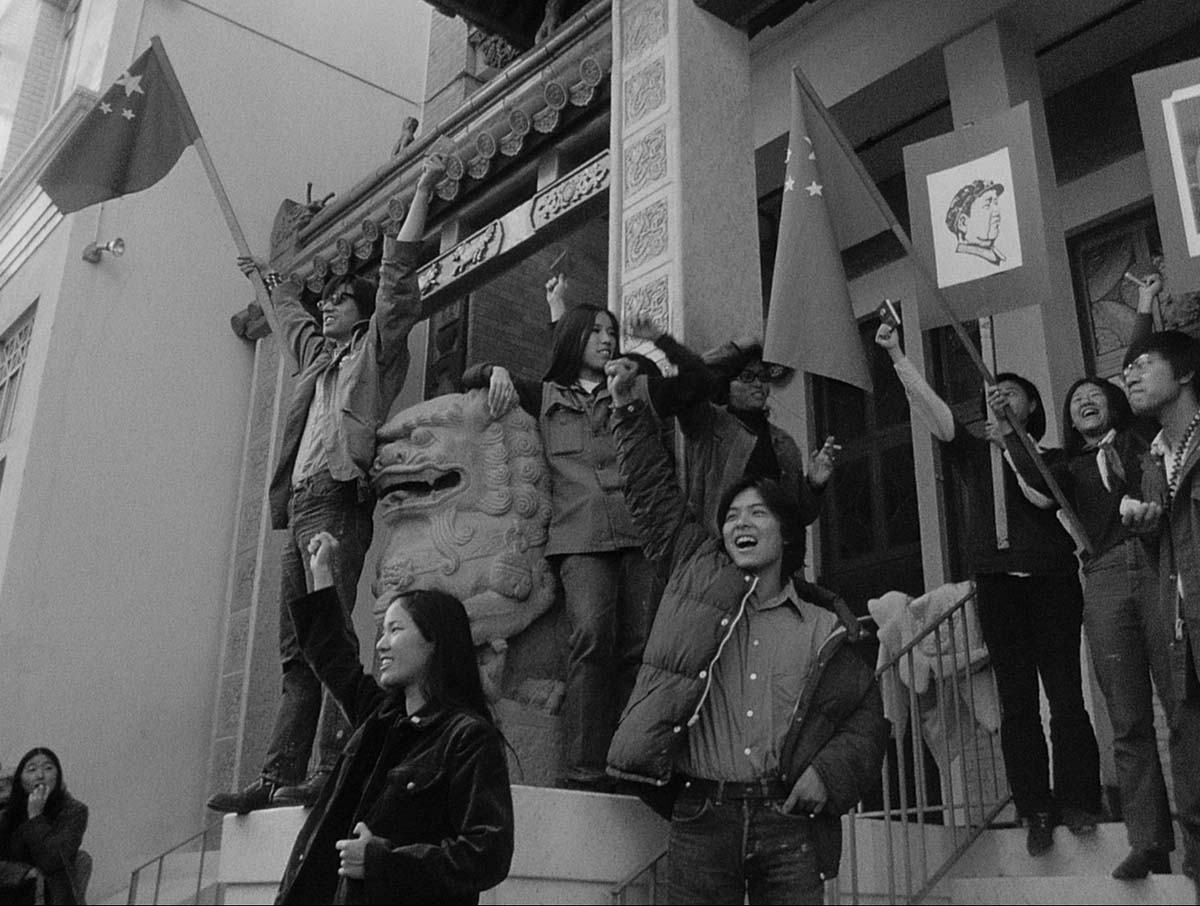
For over four decades, 20,000 feet of 16mm-shot film sat untouched in the San Francisco home of lifetime Chinatown resident Reverend Harry Chuck. The footage was supposed to serve as the basis for Chuck’s sweeping graduate thesis, “Chinatown San Francisco: A Community in Transition.” But then life invariably got in the way, and the epic cinematic history of one marginalized community’s generational struggles—‘60s-radicalized youth vs. their “keep your head down” elders raised under the threat of the Chinese Exclusion Act—was never completed. Until now.
With the help of son/co-director and producer Josh Chuck (himself a longtime Chinatown-focused filmmaker, fundraiser and youth worker), Harry’s personal and political history is now set to see the public light on May 26 as part of World Channel’s Asian American and Pacific Islander Heritage Month (AAPIHM) programming. The father-son duo’s America ReFramed doc Chinatown Rising features enlightening contemporary interviews with the era’s prominent activists (as well as an elder), juxtaposed with the treasure trove of footage. All insightfully narrated, both onscreen and in VO, by the now-octogenarian, first-time feature filmmaker himself.
Documentary is honored that the former Youth Director and later Executive Director of Cameron House (an organization founded “to build strength and resilience through family-centered programs” for San Francisco's Chinese community), co-founder of the Chinatown Coalition for Better Housing, onetime member of both the Public Housing Authority and Juvenile Justice Commission in San Francisco—not to mention one of the first Asian American religious leaders to advocate for marriage equality—found time in his still-active schedule to serve as May’s Doc Star of the Month.
DOCUMENTARY: You seem to have spent much of your life being reluctant about taking the spotlight. Were you wary of appearing so prominently in the film as well? Was it Josh’s idea for you to serve as the narrative guide through this history?
HARRY CHUCK: I can still hear my dad saying, “Don’t get into trouble. Be inconspicuous. Don’t give people reason to be curious and judgmental.” Those were seeds planted early in my childhood. My dad probably heard that from his dad—and his dad from his. And so on.
The thought of being on full display onscreen really sent chills up my spine. I just couldn’t wrap my mind around the idea of being in front of the camera, or projected upon a theater screen. Asking me to take the lead with the film’s narrative was all Joshua’s idea. I didn’t realize how persistent he could be. His strategy was to engage me in hour-long interviews until something useful came to light.

D: What was it like working with—and being filmed by—your son? Anything you discovered about each other?
HC: Initially, it felt awkward to be filmed by Josh. It took me a while to realize that we had reversed our roles. We were no longer parent and offspring; we were now two individuals relating as adults, co-directing and producing a full-length documentary.
Into our second year, I could see that he was well on his way towards developing interpersonal skills I never had as a young adult.
D: Josh has expressed surprise at learning the extent of your involvement in Chinatown activism, since you never discussed it when he was growing up. Has this experience of revisiting your private past so publicly been uncomfortable— or perhaps liberating? Has this sharing unearthed unexpected memories or even regrets?
HC: Josh was genuinely surprised when our interviewees shared their stories with him. He would always end his interviews by asking, “What do you remember about my dad?” I found that somewhat amusing until I realized that he was on a serious quest of discovering his own identity as a third-generation Chinese-American.
I think learning about my history gave him a launching pad towards his own search for meaning. I don’t have any regrets about our filmmaking experience. If anything, it has been refreshing; I continue to marvel at Josh’s ability to capture on film and tape the significance of such a transformative moment.
D: You’ve said, “Looking back, I did not have enough wisdom to understand what was happening,” about being unable to complete your graduate thesis, “Chinatown San Francisco: A Community in Transition.” So what has participating in this film, both behind and in front of the camera, taught you?
HC: Yes, I really didn’t have enough wisdom, insight or maturity to fully understand what was happening in Chinatown during the decades [1960s-80s] of social, political and cultural change. I could only sense that my quiet insulated neighborhood was changing, and that I wanted to capture those shifting moments of change with my camera.

I would spend long hours developing and enlarging black- and-white photos of life in Chinatown. Subsequently, that led to filmmaking classes at San Francisco State College in the 1970s. I just loved watching foreign films that transcended stereotypical Hollywood portrayals of human trauma and struggle. And it suddenly occurred to me that my life and family history in Chinatown were vastly different from the mundane lives of my classmates. Chinatown was my foreign country within a foreign country. So my focus would be that of a person in search of his identity.
Am I and my peers Chinese-Americans or American-Chinese? Or is this just a play on words? The questions outweighed the answers. So I packed up my reels of film, tucked them in a corner of the garage, and joined the movement towards change.
My commitment to the community would reach a new level in 1977, when I became the director of Donaldina Cameron House, a faith-based community service center. Working collaboratively with other nonprofits, we became better equipped to address community problems holistically. College graduates who were once activists returned to Chinatown to provide leadership as professionals in medicine, law, social work, education and civil service.
D: I have to say, One of my favorite scenes in the doc is also quite meta—of you in your younger days at a public hearing, using a clip from the archival footage to advocate for the Mei Lun Yuen affordable housing project. It really shows the power of the image to effect change. Are you likewise hoping to enact change, or maybe just reconnect with folks, through Chinatown Rising?
HC: I retired in 2001 and would not return to filmmaking until my 80th birthday—when Josh and I unpacked the reels of unedited film that were nestled in the corner of my garage. I did contact my former college mentor James Goldner to announce that I was returning to complete the film begun 40 years before. He was delighted to learn that we were dedicating our film to him at the opening of the 2019 CAAMfest.
Lauren Wissot is a film critic and journalist, filmmaker and programmer, and a contributing editor at both Filmmaker magazine and Documentary magazine. She's served as the director of programming at the Hot Springs Documentary Film Festival and the Santa Fe Independent Film Festival, and has written for Salon, Bitch, The Rumpus and Hammer to Nail.




